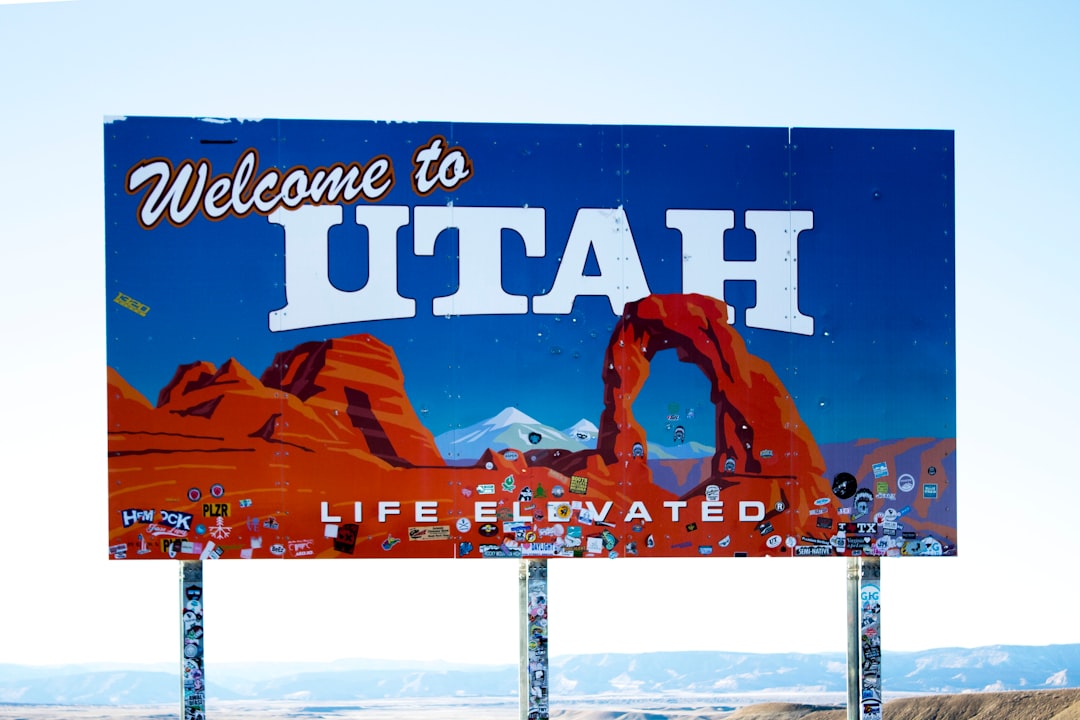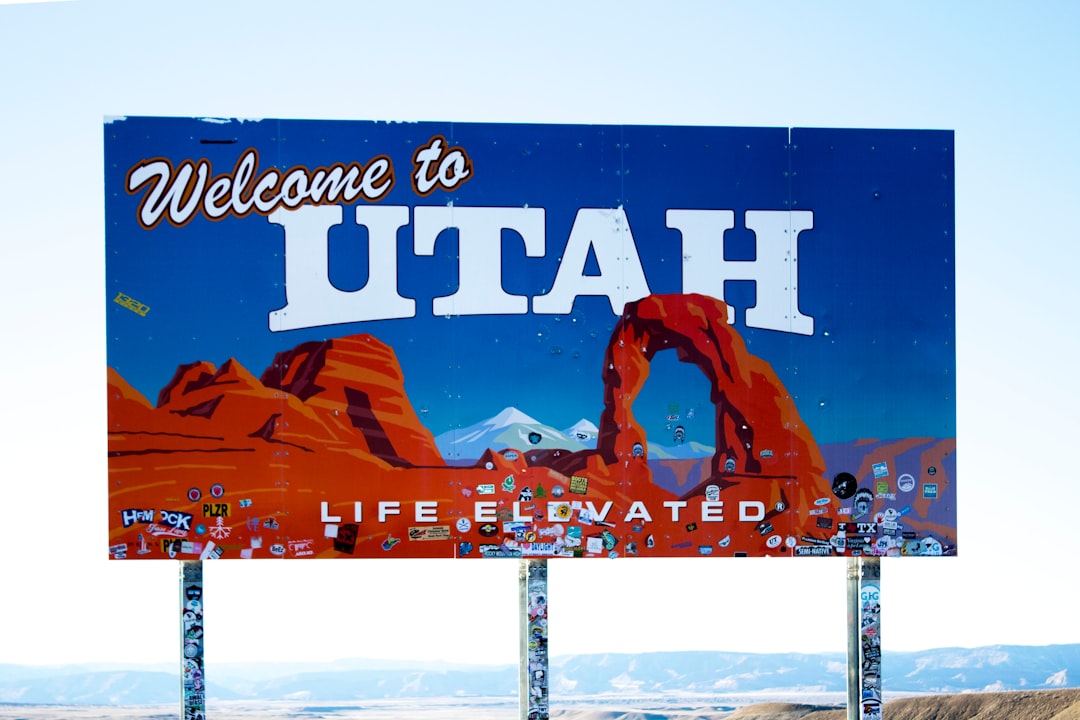Spam texts, bulk messaging sent without consent using automated systems, are a common problem in Utah, violating state laws and causing disruption. The spam texts Attorney Utah plays a crucial role in guiding clients on their rights, blocking unwanted messages, and taking legal action against perpetrators. The Utah Anti-Spam Act (UASA) regulates commercial texting, with strict fines for non-compliance. Consumer protection laws and the Utah Attorney General's Office oversee spam regulations, leading to potential lawsuits and fines for violators. Professionals specializing in Utah consumer law and TCPA compliance are essential to navigate this complex landscape, ensuring businesses adhere to stringent anti-spam legislation.
In the digital age, Utah residents face a growing concern: spam texts. This introduction delves into the legal framework surrounding this issue, offering a comprehensive guide for those seeking clarity. We explore how anti-spam laws in Utah protect consumers from unwanted messaging, defining ‘spam’ and its impact on the state’s citizens. Understanding who is regulated and what’s prohibited is key, as we uncover potential penalties for violators and highlight the crucial role of a spam texts attorney in navigating this complex landscape.
Understanding Spam Texts: Definitions and Impact in Utah

In Utah, just as across the nation, spam texts have become a persistent and vexing issue for both consumers and businesses. These unsolicited text messages, often advertising products or services, can inundate personal devices at any hour, causing disruption and frustration. Understanding what constitutes spam texts is the first step in addressing this problem. Legally, the term “spam” typically refers to bulk messaging sent without explicit consent, often using automated systems. Such messages are not only annoying but can also pose security risks by enticing users to click on malicious links or provide personal information.
The impact of spam texts extends beyond mere annoyance. In Utah, where individuals and businesses value privacy and consumer protection, these unsolicited messages can violate state laws regulating telemarketing practices. An Attorney Utah specializing in telecommunications law plays a crucial role in navigating this complex landscape. They help clients understand their rights, develop strategies to block and prevent spam texts, and take legal action if necessary against entities sending unwanted text messages.
Legal Landscape: Anti-Spam Laws in the State of Utah

In the state of Utah, the legal landscape regarding spam texts is governed by a robust anti-spam legislation framework designed to protect consumers from unwanted and deceptive messaging. The Utah Anti-Spam Act (UASA) is a comprehensive law that outlines strict rules for businesses and individuals sending commercial messages, including text messages. This legislation was enacted to curb the deluge of unsolicited spam texts, which can be intrusive and often involve scams or phishing attempts.
Under UASA, it is illegal for any person or entity to send a commercial message, such as spam texts, to an individual without their prior express consent. This means that businesses must obtain explicit permission from recipients before engaging in text messaging campaigns. Failure to comply can result in significant fines and legal repercussions, emphasizing the importance of adhering to these regulations for Utah-based companies and those doing business within the state. An attorney specializing in Utah consumer law can guide individuals and organizations through this complex legal terrain, ensuring compliance and safeguarding against potential legal issues related to spam texts.
Who's Regulated and What's Prohibited?

In Utah, the regulation and prohibition of spam texts are primarily overseen by the state’s consumer protection laws and the actions of the Utah Attorney General’s Office. The focus is on protecting residents from unsolicited text messages that promote or advertise goods or services. This includes restrictions on who can send such messages and what content they can include.
Under these regulations, businesses and individuals who engage in sending spam texts face potential legal consequences. They are prohibited from using automated means to send text messages en masse without prior explicit consent from the recipient. Additionally, these messages must comply with certain guidelines regarding truthfulness, clarity, and opt-out options. Violations can lead to lawsuits and fines, emphasizing the importance of adhering to these rules for businesses involved in marketing through text messages, particularly Utah-based companies or those targeting residents of the state.
Enforcement and Penalties for Violations

In Utah, the enforcement of anti-spam laws is primarily handled by the Utah Attorney General’s Office and local law enforcement agencies. These entities are tasked with investigating complaints related to unsolicited text messages, often referred to as spam texts. When violations occur, penalties can be severe, including financial fines and other legal repercussions. The state’s legislation aims to protect consumers from deceptive and nuisance messaging, ensuring that businesses and individuals adhere to strict guidelines when sending promotional or advertising content via text.
Violators may face civil penalties, with each violation potentially resulting in a fine of up to $100 per day for each message sent without proper consent. Additionally, Utah’s laws permit affected parties to seek damages through legal action, compensating them for any losses or harassment caused by spam texts. This robust framework encourages responsible texting practices and offers recourse to those who suffer from unsolicited communication.
The Role of a Spam Texts Attorney in Utah

In Utah, as in many states across the US, the role of a spam texts attorney is pivotal in navigating the intricate legal landscape surrounding unsolicited text messages. These attorneys specialize in understanding and enforcing the laws designed to protect consumers from intrusive and deceptive spam texts. They play a crucial role in ensuring that businesses adhere to regulations like the Telephone Consumer Protection Act (TCPA), which restricts the practices of sending mass marketing spam texts without prior consent.
A spam texts attorney in Utah assists clients in drafting, reviewing, and implementing legal agreements related to text message marketing campaigns. They also defend against TCPA lawsuits, representing businesses facing penalties for non-compliance or excessive texting. Moreover, these attorneys offer strategic guidance on consent management, helping businesses acquire and maintain valid consumer permissions for sending promotional spam texts. Their expertise enables them to predict potential legal pitfalls, enabling clients to make informed decisions while staying within the confines of Utah’s stringent anti-spam legislation.






